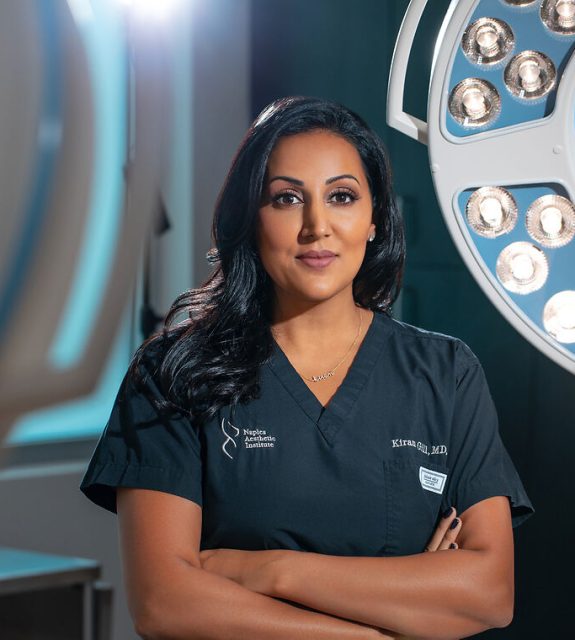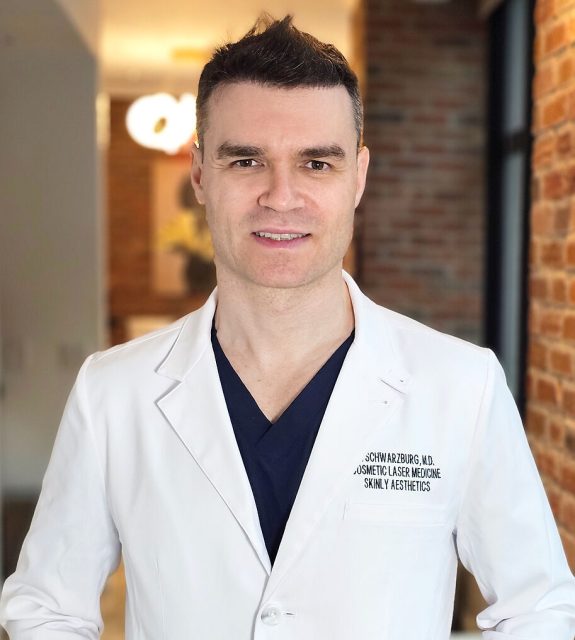Endometriosis is a complex and often painful condition affecting millions of women worldwide, yet its impact on fertility is frequently misunderstood. For those trying to conceive, understanding how endometriosis affects reproductive health and what options are available can be empowering.
 Photo Credit: New Africa/Shutterstock
Photo Credit: New Africa/Shutterstock
What Is Endometriosis?
Endometriosis occurs when tissue similar to the lining of the uterus (endometrium) grows outside the uterus, often on the ovaries, fallopian tubes, and other pelvic organs. These growths respond to hormonal changes just like the uterine lining, leading to inflammation, pain, and scarring.
How Does Endometriosis Affect Fertility?
Approximately 30-50% of women with endometriosis experience infertility. This can happen due to:
- Distorted Anatomy: Adhesions and scar tissue may block the fallopian tubes or interfere with egg release.
- Inflammation and Immune Response: Chronic inflammation can create an inhospitable environment for fertilization and implantation.
- Hormonal Imbalances: Endometriosis may lead to irregular ovulation, reducing the chances of conception.
- Reduced Egg Quality: Some studies suggest endometriosis can negatively affect ovarian reserve and egg quality.
Diagnosis and Treatment Options
If you suspect endometriosis is affecting your fertility, consulting a specialist is crucial. Diagnosis may involve pelvic exams, ultrasounds, MRI scans, or laparoscopic surgery for a definitive assessment. Treatment options include:
- Pain and Symptom Management: Hormonal therapies like birth control pills or GnRH agonists can reduce symptoms but are not recommended when trying to conceive.
- Surgical Intervention: Minimally invasive laparoscopic surgery can remove endometrial implants and adhesions, often improving fertility.
- Assisted Reproductive Technologies (ART):
- Intrauterine Insemination (IUI): Recommended for mild cases where the fallopian tubes are open.
- In Vitro Fertilization (IVF): A common option for moderate to severe endometriosis, bypassing many fertility obstacles.
Optimizing Fertility with Endometriosis
While managing endometriosis-related infertility can be challenging, these steps may help improve your chances of conception:
- Anti-Inflammatory Diet: Eating whole, nutrient-rich foods can reduce inflammation and support reproductive health.
- Stress Management: Yoga, meditation, and acupuncture may help balance hormones and improve overall well-being.
- Early Intervention: Seeking medical advice early can increase treatment success rates.
Hope for the Future
Advancements in fertility treatments continue to improve outcomes for women with endometriosis. Many go on to have successful pregnancies with the right medical support. If you’re struggling with infertility, know that you’re not alone; there are options available to help you build the family you desire.
For any questions or further guidance, feel free to reach out to Dr. Brian Levine.
For more information, visit Dr. Brian A. Levine's social media:
























